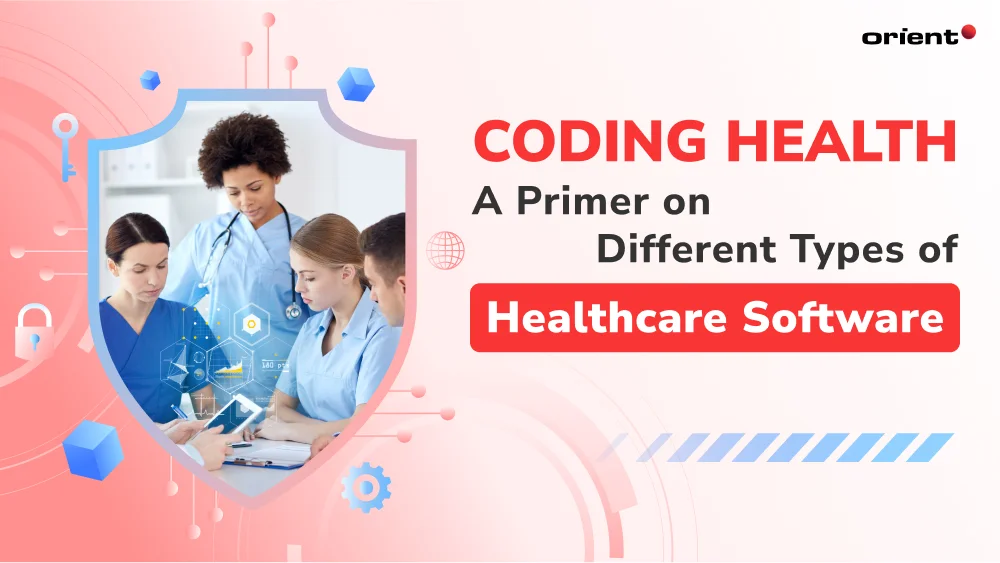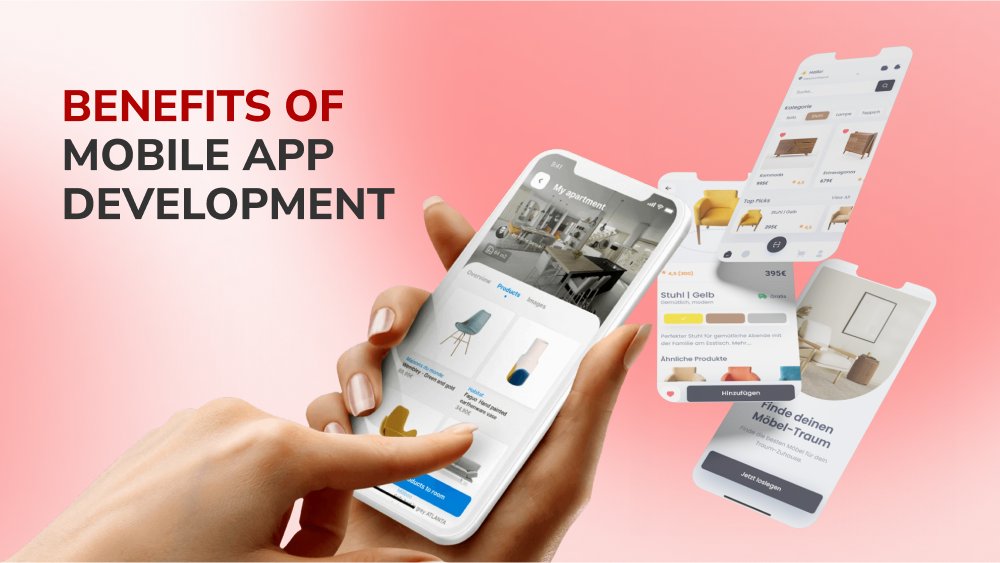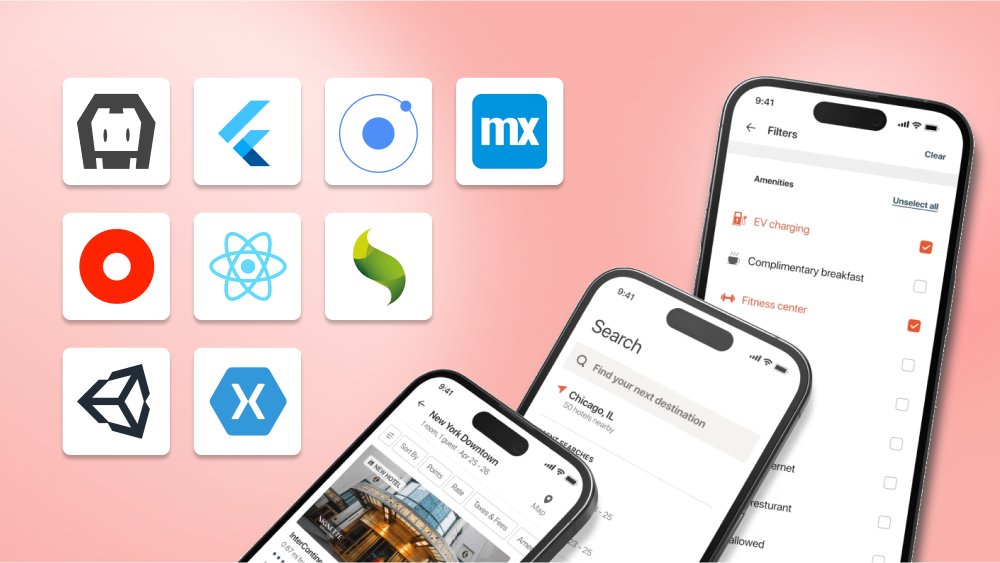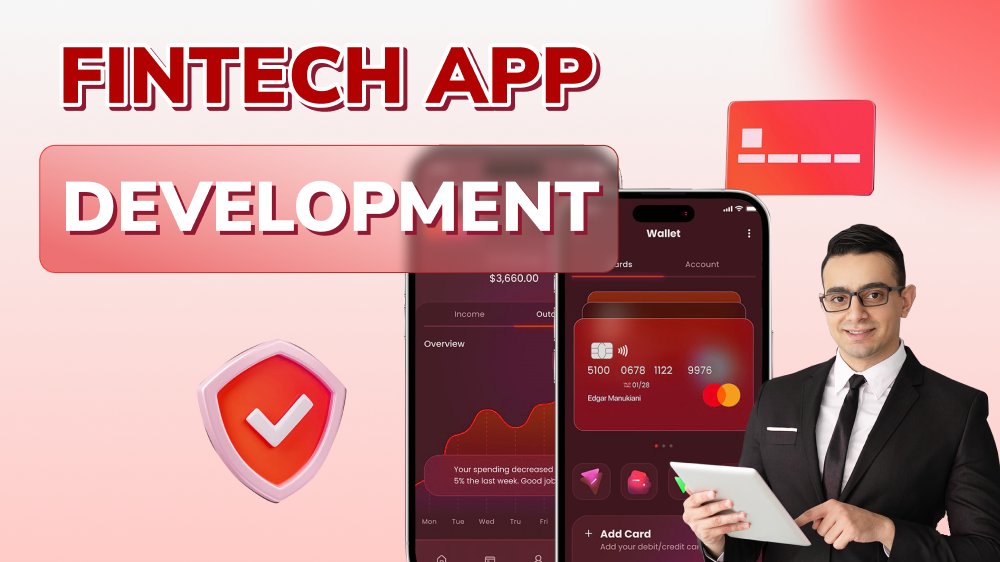Coding Health: A Primer on Different Types of Healthcare Software

Content Map
More chaptersFor centuries, healthcare has centered on the innate skills of doctors and nurses. However, as populations age and diseases diversify, manual systems are strained by bigger demands. Simultaneously, technology is empowering patients through information accessibility unprecedented in history.
Did you know that 90% of hospitals in the US have adopted Electronic Health Records (EHRs) according to a 2023 HIMSS Analytics Report? This surge in medical software use reflects a larger trend: the healthcare industry is embracing technology to improve efficiency, enhance patient experience, and ultimately deliver better health outcomes.
In this guide, we’ll break down the booming types of healthcare software. From telehealth platforms and electronic health records to genomic analysis and AI-assisted diagnostics, explore the diverse niches shaping tomorrow’s patient-centered care. Understand which specialties match your interests and how to get started in this rewarding, in-demand domain at the intersection of people and progress. Your skills could help heal the world.
Electronic Health Records (EHR) Software

Electronic Health Record software is a digital version of a patient’s paper chart. It is a modern hospital management software that is designed to store patients’ detailed medical history. The purpose of EHR software is to provide a accurate and comprehensive record of a patient’s medical history, which is accessible in real time by authorized medical professionals and healthcare providers. It is designed to go beyond standard clinical data which is collected in a provider’s office and can include a wider view of a patient’s care.
EHR software typically includes a comprehensive suite of features and functionalities, such as:
- Electronic Medical Records (EMR): This core component of EHR software allows healthcare providers to create, store, and manage detailed electronic records of a patient’s medical history, including diagnoses, treatments, and outcomes.
- Computerized Physician Order Entry (CPOE): CPOE enables healthcare providers to electronically order medications, laboratory tests, and other medical services, reducing the risk of errors and streamlining the ordering process.
- Clinical Decision Support (CDS): CDS systems offer healthcare providers with real-time alerts and recommendations based on patient data, clinical guidelines, and evidence-based practices, supporting more informed decision-making.
- Integrated Billing and Coding: EHR software often includes integrated billing and coding functionalities, which streamline the revenue cycle management process and ensure accurate reimbursement.
- Reporting and Analytics: EHR systems offer robust reporting and data analytics capabilities, allowing healthcare organizations to track key performance indicators (KPIs), identify trends, and make data-driven decisions to enhance overall operational efficiency and patient care.
Hospital Management Systems (HMS) Software
Hospital Management System (HMS) software is a comprehensive, integrated platform which is designed to streamline and optimize the operational and administrative processes of healthcare facilities, such as hospitals, clinics, and medical centers. As a critical component of modern practice management systems, HMS software plays a pivotal role in improving the efficiency, quality, and overall performance of healthcare organizations.
At the core of HMS software is the seamless integration of various modules and functionalities, such as medical database software or medical equipment management software, enabling healthcare providers to manage and coordinate patient care, administrative tasks, and financial operations from a centralized system.
Some of the key modules and functionalities of HMS software include:
- Patient Registration: This module allows for the efficient and accurate registration of patients, including the capture of demographic information, insurance details, and medical history, ensuring a smooth intake process.
- Appointment Scheduling: The appointment scheduling module enables healthcare providers to manage patient appointments, including booking, rescheduling, and canceling, as well as sending automated reminders to patients.
- Billing and Revenue Cycle Management: The billing and revenue cycle management module streamlines the entire billing process, from coding and claim submission to reimbursement tracking and financial reporting, ensuring accurate and timely payment collection.
- Inventory and Supply Chain Management: This module helps healthcare organizations effectively manage their inventory of medical supplies, pharmaceuticals, and equipment, ensuring optimal stock levels and minimizing wastage.
- Electronic Medical Records (EMR) Integration: Many HMS software solutions integrate seamlessly with EMR systems, allowing for the efficient exchange of patient data and ensuring a comprehensive view of the patient’s medical history.
Remote Patient Monitoring (RPM)
Remote Patient Monitoring (RPM) software is a technology-enabled application that allows healthcare providers to remotely monitor and manage the health of patients, particularly those with chronic or long-term medical conditions. This innovative approach to patient care leverages digital devices, such as connected medical devices, wearable sensors, and mobile applications, to collect and transmit real-time data about a patient’s health status to their healthcare team.
The significance of RPM software lies in its ability to enhance the quality of care, improve patient outcomes, and reduce healthcare costs. By enabling continuous monitoring and timely intervention, RPM empowers healthcare providers to proactively manage their patients’ conditions, detect early warning signs of potential health issues, and make more informed decisions about treatment plans. This, in turn, can result in fewer hospital admissions, reduced emergency department visits, and better overall patient well-being.
Remote patient monitoring software offers a comprehensive suite of features and capabilities that support remote patient monitoring and care, including:
- Data Collection and Transmission: RPM software seamlessly integrates with various medical devices and wearables, enabling the continuous collection and transmission of patient data, such as vital signs, activity levels, and medication adherence.
- Real-Time Monitoring and Alerts: RPM software monitors the collected data in real-time, triggering alerts and notifications to healthcare providers when patient readings fall outside of pre-defined thresholds, allowing for prompt intervention and proactive care management.
- Telehealth and Virtual Consultations: Many RPM software solutions incorporate telehealth functionalities, enabling healthcare providers to conduct virtual consultations, video-based check-ins, and remote care coordination with their patients.
- Data Analytics and Reporting: RPM software provides robust reporting capabilities and data analytics, enabling healthcare organizations to identify trends, track patient progress, and generate comprehensive reports to support clinical decision-making and population health management.
- Interoperability and Integration: Effective RPM software seamlessly integrates with Electronic Health Records (EHRs), Practice Management Systems, and other healthcare IT infrastructure, ensuring a comprehensive and well-coordinated approach to patient care.
Medical Diagnosis Software

Medical diagnosis software has emerged as a indispensable tool in the healthcare industry, playing a essential role in assisting healthcare professionals in the accurate and timely identification of medical conditions. These software solutions leverage advanced algorithms, machine learning, and vast medical knowledge databases to support clinicians in the diagnostic process, ultimately enhancing patient outcomes and improving the overall quality of care.
The integration of medical diagnosis software into the healthcare ecosystem has significantly improved diagnostic accuracy, reduced the risk of medical errors, and enabled earlier intervention, leading to better patient prognosis and reduced healthcare costs. Additionally, these software solutions can help streamline the diagnostic workflow, freeing up healthcare professionals to focus on personalized patient care and treatment planning.
Some of the common types of medical diagnosis software include:
- Symptom-based Diagnosis: These software solutions analyze a patient’s reported symptoms, medical history, and relevant risk factors to suggest potential diagnoses, guiding healthcare providers in the initial stages of the diagnostic process.
- Image-based Diagnosis: By leveraging advanced computer vision and deep learning algorithms, these software tools can assist in the interpretation of medical imaging data, such as X-rays, CT scans, and MRI scans, to detect and identify various medical conditions.
- Disease-specific Diagnosis: Certain medical diagnosis software is designed to focus on specific disease domains, such as cancer, cardiovascular diseases, or neurological disorders, providing specialized analytical capabilities and decision support for these specialized areas of healthcare.
Medical Billing Software
Medical Billing Software is a specialized application that assists healthcare providers in automating and managing their billing processes. It is designed to streamline the creation of invoices, submission of claims, tracking of payments, and generation of financial reports.
The software is crucial in the healthcare industry as it significantly reduces the time and effort spent on manual billing, allowing healthcare providers to focus more on patient care. It also minimizes errors that can occur in manual processes, ensuring accuracy and efficiency in financial transactions.
Medical Billing Software typically includes several key features:
- Insurance Verification: The software can automatically verify a patient’s insurance coverage, ensuring that the services provided are covered under the patient’s plan. This feature helps prevent claim rejections due to coverage issues.
- Claim Submission and Tracking: Medical Billing Software can submit claims electronically to insurance companies. It also tracks the status of each claim, providing updates on approvals, rejections, and pending claims.
- Payment Processing: The software can process payments from various sources, including direct payments from patients, insurance payouts, and government healthcare subsidies. It also supports different payment methods, such as cash, credit cards, and electronic transfers.
- Reporting and Analytics: Medical Billing Software can generate financial reports that provide insights into the healthcare provider’s revenue cycle. These reports can help identify trends, track performance, and inform decision-making.
Summarization
The healthcare landscape is undergoing a digital revolution driven by the ever-expanding world of healthcare software. From the secure storage of patient data in Electronic Health Records (EHR) to the real-time monitoring capabilities of Remote Patient Monitoring (RPM) software, these innovative tools are transforming how we deliver and receive medical care.
Hospital Management Systems (HMS) software streamlines daily operations in hospitals, optimizing resource allocation and enhancing patient care. Medical diagnosis software, powered by artificial intelligence, is assisting physicians in making more accurate and efficient diagnoses. And medical billing software tackles the complexities of healthcare billing, ensuring financial stability for providers.
These are just a few examples of the diverse range of healthcare software solutions shaping the future of medicine. The potential benefits are undeniable: improved patient outcomes, enhanced efficiency, reduced costs, and a more patient-centered approach to care.
If you’re impressed by the potential of healthcare software development and envision solutions that can revolutionize patient care or optimize medical practices, consider partnering with Orient Software. As an expert in custom software development, Orient Software possesses the expertise to tailor innovative healthcare software solutions that perfectly align with your specific needs. Together, we can contribute to building a brighter future powered by technology, where healthcare is more accessible, efficient, and effective for all. Contact us for more details.







